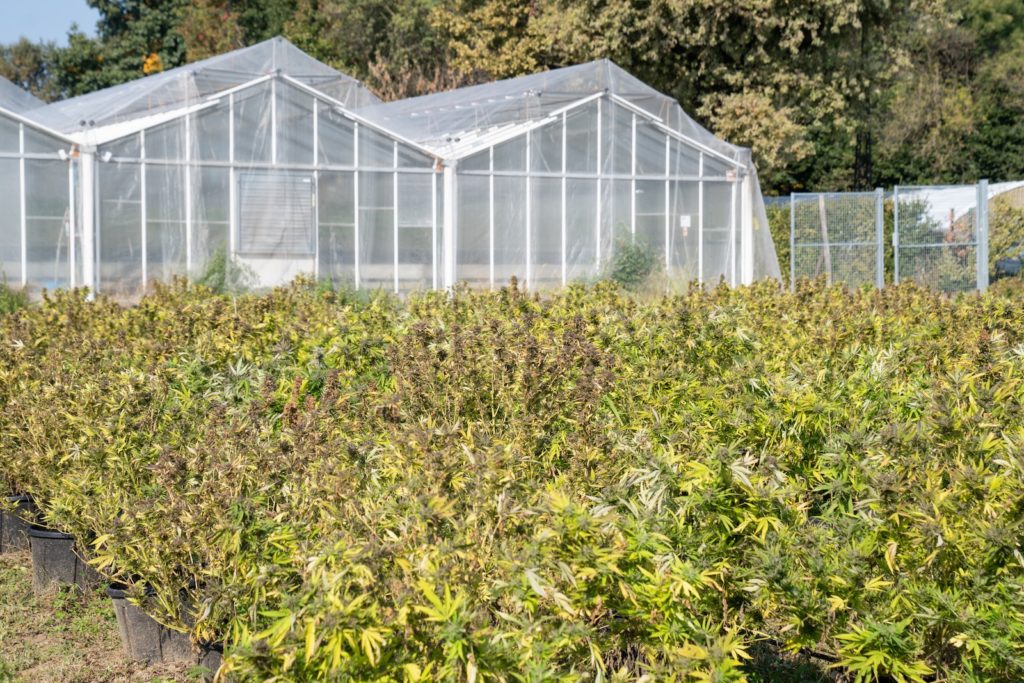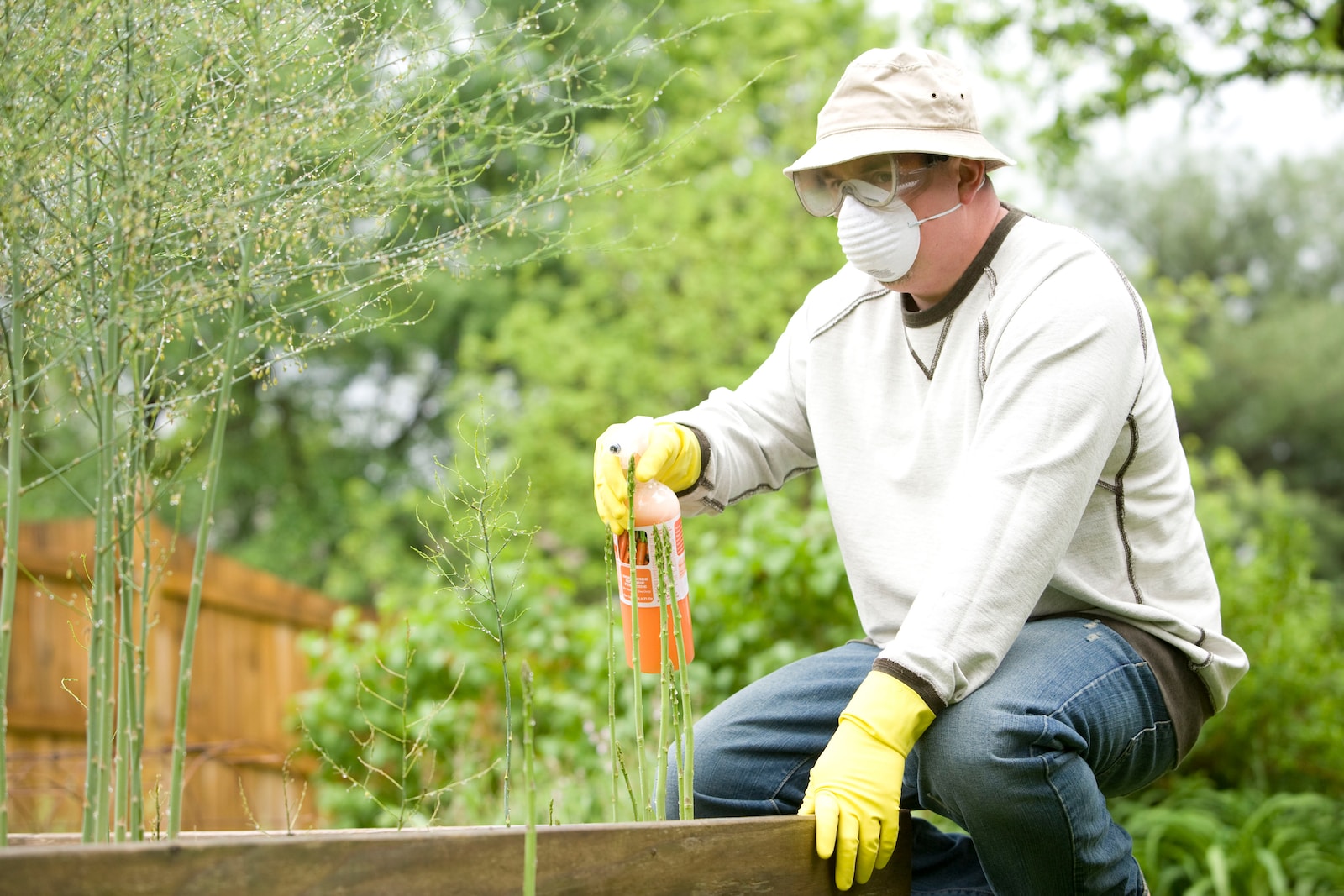Welcome to our comprehensive guide on what to spray on clover to kill weeds. If you’ve been struggling with clover invading your lawn and garden, you’re not alone. Clover, while charming in some contexts, can quickly become a nuisance when it starts to overrun your green spaces. In this article, we’ll delve into the world of clover and weeds, providing you with expert advice on how to effectively manage and eliminate these unwanted intruders. From tried-and-true methods to eco-friendly alternatives, we’ve got you covered.
What to Spray on Clover to Kill Weeds
Clover and weeds can be stubborn adversaries, but with the right approach, you can regain control of your outdoor spaces. Here, we’ll explore some of the most effective solutions for dealing with these invaders.
1. Understanding the Enemy
Before we dive into the remedies, it’s essential to understand the nature of the problem. Clover and weeds often thrive in different conditions, and knowing their preferences can help you devise a more targeted strategy.

2. Assessing Your Lawn
Take a close look at your lawn. Are clover and weeds scattered, or do they form dense patches? Identifying the extent of the infestation is crucial for choosing the right course of action.
3. Chemical Herbicides
One common approach is using chemical herbicides designed to target clover and weeds. These products can be effective but should be used with caution, considering their potential environmental impact.
4. Organic Herbicides
If you prefer a more eco-friendly approach, organic herbicides offer a viable solution. We’ll explore some natural alternatives that can help you tackle the problem without harming the environment.
5. Manual Removal
For those who prefer a hands-on approach, we’ll discuss techniques for manually removing clover and weeds. This method requires some effort but can be highly effective for smaller infestations.
6. Maintaining Healthy Grass
Preventing future clover and weed infestations is equally important. Learn how to promote a lush, healthy lawn that naturally resists these invaders.
FAQs
Here are some frequently asked questions about dealing with clover and weeds:

Q: How do I identify clover in my lawn?
A: Clover typically has three leaflets and a distinctive white or pink flower. Look for these characteristics to spot clover in your lawn.
Q: Are chemical herbicides safe for pets and children?
A: Many chemical herbicides can be harmful to pets and children. It’s essential to follow the manufacturer’s instructions and keep them away from treated areas until it’s safe.
Q: Can clover be beneficial for my lawn?
A: While clover has some benefits, such as nitrogen fixation, it can become invasive. It’s best to maintain a balanced lawn with limited clover growth.
Q: Is there a way to prevent weeds and clover naturally?
A: Yes, you can use mulch, proper mowing techniques, and regular maintenance to prevent clover and weeds from taking over your lawn.
Q: When is the best time to apply herbicides?
A: Timing is crucial. Apply herbicides when clover and weeds are actively growing for the best results.
Q: How long does it take to see results after using herbicides?
A: The time it takes to see results can vary depending on the product and conditions. Generally, it may take a few weeks to notice a significant reduction in clover and weed growth.
Conclusion
In conclusion, managing clover and weeds in your lawn and garden requires a combination of knowledge, patience, and the right techniques. Whether you opt for chemical herbicides, organic solutions, or manual removal, the key is to take action promptly and consistently. By following the tips and strategies outlined in this guide, you can enjoy a lush, weed-free lawn once more.
